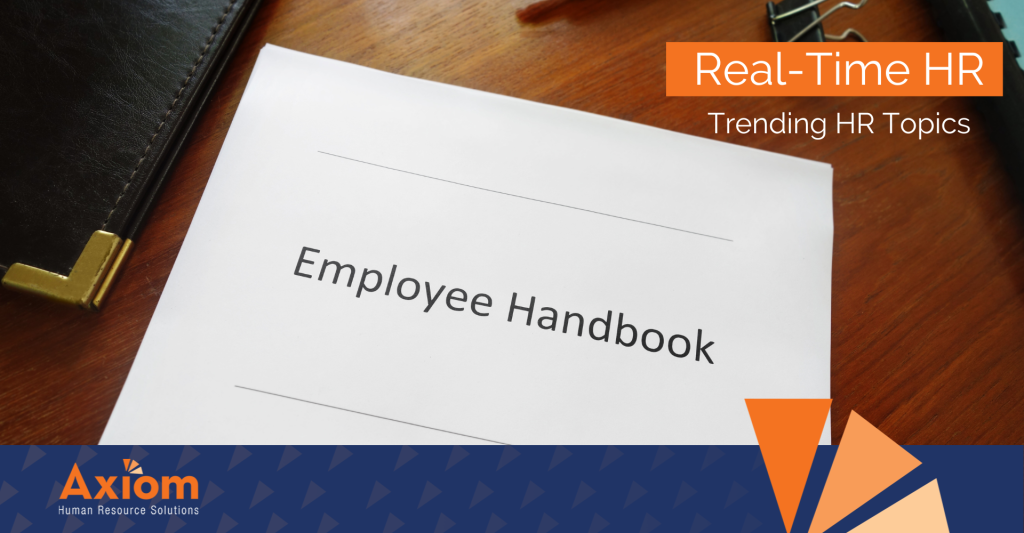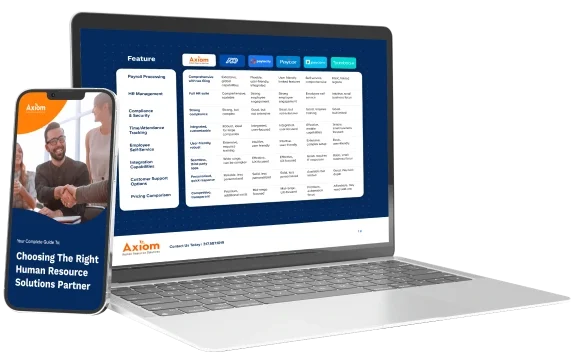
Real-Time HR is a series of real questions we receive that are then answered by qualified HR experts in the field. We publish these questions and answers to our blog to give readers accurate, timely information about trending HR topics.
Question:
We are considering having different employee handbooks for our exempt and nonexempt employees. Can we have multiple versions of our employee handbook?
Answer from Shawna, SHRM-CP:
There’s no rule against having multiple employee handbooks, but there are some factors to consider. Having multiple versions would lead to more administrative work to ensure all handbooks are up to date and consistent. If you have separate handbooks for exempt and nonexempt employees, or for employees in different states, each handbook would need to be updated any time your policies or practices change. This extra work would increase the likelihood of omissions or errors, potentially causing confusion for employees and managers alike. One alternative to having two separate handbooks would be to add an appendix that provides relevant information specific to exempt and nonexempt employees.
The approach we most often recommend is to ensure that you are clear within each policy about who it applies to. For instance, you might want all employees to track their time, but only need nonexempt employees to track their breaks—you can simply point this out in your singular timekeeping policy. Or you might have two different vacation accrual systems. If they are vastly different, you could have two different policies side by side, whereas if they are mostly the same, you can just call out the differences that apply to certain employee types. By doing it this way, the core of the handbook is the same for everyone, and there’s no need to update multiple handbooks when something that affects everyone changes.
This Real-TIme HR post does not constitute legal advice and does not address state or local law.
Do you have an HR-related question? Send it to info@axiomhrs.com. We will answer it and share it on our blog.
